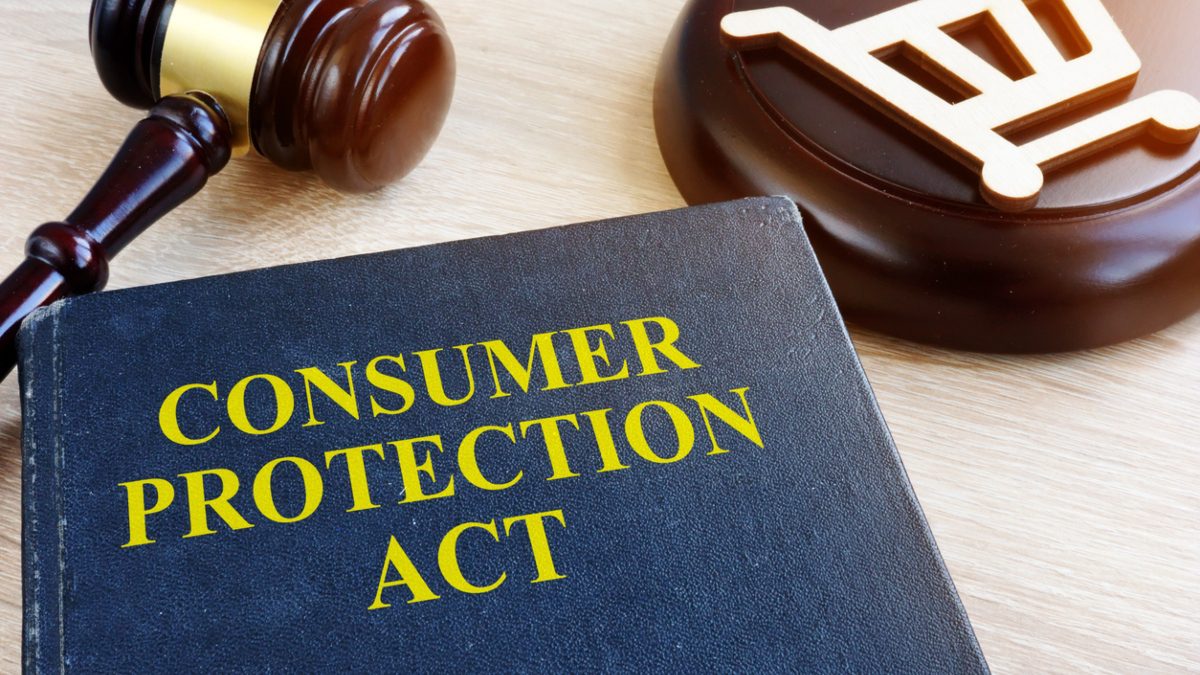Empowering Consumers: Understanding and Exercising Your Rights in South Africa
Empowering Consumers: Understanding and Exercising Your Rights in South Africa

In the vibrant landscape of South Africa’s diverse consumer market, understanding and asserting your rights is crucial for a fair and transparent marketplace. The protection of consumer rights not only ensures a level playing field but also contributes to a healthier, more sustainable economy. Let’s look at some of the key aspects of consumer rights in South Africa, and how they can protect you.

The Consumer Protection Act (CPA)
At the forefront of consumer rights in South Africa is the Consumer Protection Act, signed in 2009. This legislation is designed to empower consumers, promote responsible business practices, and enhance consumer confidence. The CPA provides a consistent and comprehensive legislative and enforcement framework, covering various aspects related to consumer transactions and agreements. These include fair marketing practices, the right to privacy, and protection against unfair marketing and business practices.
Right to Fair and Honest Dealing
One of the most important tools for shielding customers from unsolicited marketing messages is the Consumer Consumers in South Africa have the right to fair and honest dealing in the marketplace. This includes protection against misleading advertising, false product claims, and deceptive practices. Businesses are obligated to provide accurate information about their products and services, allowing consumers to make informed decisions.
Right to Privacy
The protection of personal information is a fundamental consumer right. The CPA outlines strict guidelines for the collection, storage, and use of personal data by businesses. Consumers have the right to know how their information is being used and can opt out of direct marketing communications.
Right to Safe and Quality Goods
Consumers are entitled to products that are safe, of good quality, and fit for their intended purpose. If a product fails to meet these standards, consumers have the right to return or exchange it within a reasonable time. Manufacturers and suppliers are also held accountable for any defects or hazards associated with their products.
Right to Fair and Responsible Marketing
Businesses are required to engage in fair and responsible marketing practices. This includes avoiding false or misleading representations and refraining from unfair business practices. Consumers have the right to accurate information, and businesses should not exploit vulnerable individuals or use coercive tactics. This can also include unwanted sms’s, telephone calls, letters or ‘spam’ email.
Right to Fair and Reasonable Terms & Conditions
The CPA protects consumers from unfair contract terms. Standard form contracts must be transparent, written in plain language, and not contain terms that unreasonably favor the supplier. Any financial obligations must be clearly outlined and itemized. Consumers have the right to challenge unfair contract terms and seek redress.
Recourse and Remedies
In the event of a breach of consumer rights, individuals have various recourse options. This may include seeking a refund, replacement, or repair of a defective product. The National Consumer Commission (NCC), as well as the National Consumer Tribunal(NCT) play a crucial role in enforcing consumer protection laws, and consumers can lodge complaints with these regulatory bodies.
Understanding and exercising consumer rights in South Africa is essential for fostering a robust and equitable marketplace. The Consumer Protection Act serves as a powerful tool to empower consumers and hold businesses accountable. By being informed and assertive, consumers play a vital role in shaping a fair and responsible economy that benefits everyone. Remember, your rights as a consumer are not just privileges; they are the foundation of a balanced and ethical marketplace.



